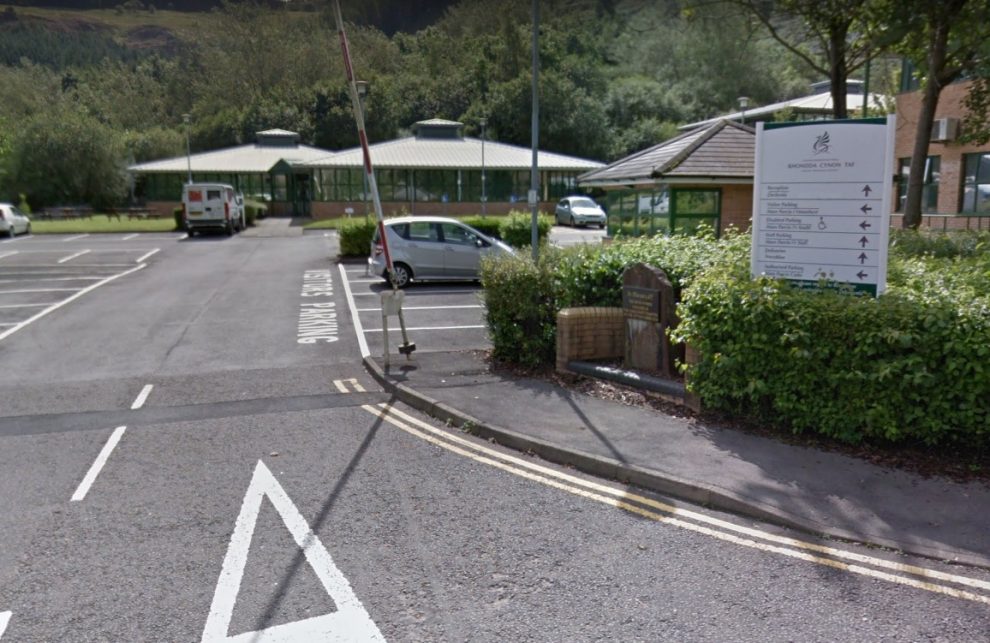NEARLY 90% of properties applying for an HMO licence in Rhondda Cynon Taf since 2019 were found to be non-compliant with the legal requirements.
One of the findings of an evaluation of the 2019 additional licensing scheme for houses in multiple occupation in the county borough is that 87% of properties subject to an application for an HMO (House in Multiple Occupation) licence were found to be non-compliant with the legal requirements despite a significant number of the applications being related to properties previously subject to licensing.
Another finding was that inspections carried out after a licence has been granted show that only 24% maintained those legal standards, resulting in enforcement action to improve ongoing maintenance and condition of properties.
Deficiencies were mainly identified in relation to substandard fire precautions, poor external appearance, damp and disrepair.
The evaluation shows that 1,050 significant hazards have been removed from 360 licensed HMOs as a direct result of the licensing regime which the report said demonstrated that without continued regulation of smaller HMOs and converted buildings, there was a high risk they could quickly deteriorate in standard and present hazards for occupants over time if the requirement for licensing ceased.
The evaluation also shows that proactive occupancy checks, carried out from 2019 to date, have led to one landlord being prosecuted for exceeding the number of people allow to occupy an HMO contrary to the conditions imposed within the license and there are a further two cases pending for the same offence.
The council’s housing standards team are also preparing two cases in respect of the failure of an HMO licence holder to comply with HMO licensing conditions and a failure to comply with the requirements of a statutory improvement notice.
A prosecution case is also being processed in respect of the failure to licence a licensable HMO.
Figures also show that the number of reported anti-social behaviour (ASB) incidents have reduced in the Treforest ward when comparing 2017-19 period with 2020-22.
As of May 2023, there were an estimated 18,180 private rented properties across Rhondda Cynon Taf, making up approximately 17.6% of the housing stock.
Of these, 549 were licensed as houses in multiple occupation, which is 3% of the private rented sector (PRS) and most of these properties are in the Treforest ward.
The report said: “The period of the Covid pandemic proved to be detrimental in terms of the administration and enforcement of HMO licensing.
“During this time, HMO licence application visits and annual inspections could not be carried out.
“However, officers processed applications based on confidence in the management of the specific HMO, while also attaching specific conditions to the licence when required.
“It was also recognised that the Covid pandemic imposed huge difficulties on landlords being able to carry out repairs and maintenance because it was problematic to obtain building services, materials and access to internal elements of properties.
“Material costs associated with repairs and maintenance also increased significantly.”
However, it is noted that changes in ASB reporting methods between the two periods and the impact of the Covid pandemic could have influenced the data.
The evaluation is included in a report to cabinet which recommends the council approve a new additional licensing scheme for HMOs in Rhondda Cynon Taf, to come into force when the current scheme ends on March 31, 2024.
This follows a consultation which saw 163 responses with the majority of these saying they lived in Treforest.
Of the respondents, 66% were owner occupiers, 11% were landlords and 14% were tenants and 76% of respondents had concerns about HMOs in their area with litter being the biggest topic causing concern, followed by appearance.
The figures show that 53% of respondents believed HMO licensing can improve the quality and appearance of HMOs, with 17% disagreeing and 30% being unsure and 57% of respondents believed HMO licensing can improve the safety and security of HMOs, with 16% disagreeing and 27% being unsure.
The results of the consultation show that 51% of respondents believed HMO licensing can be an effective way of preventing anti-social behaviour, with 22% disagreeing and 27% being unsure and 63% of respondents consider it can improve the management of HMOs, with 16% disagreeing and 20% being unsure.
Finally, 63% of respondents said they want to see the ALS (additional licensing scheme) continue and 17% of respondents said they did not want it to continue.
The report said that the main theme of comment from landlords related to the cost of the scheme being too expensive, which was seen as an inhibiting factor in preventing more landlords licensing their properties as HMOs.
Some landlords believed the ALS focused too much on compliant landlords and detracted from the ability to enforce standards, particularly the non-compliant properties or landlords.
The emphasis from tenants was on the need and responsibility to raise the quality of rented accommodation to maintain a viable rental market and social cohesion and parking issues were also mentioned a number of times.
From owner occupiers, the report said there was a high proportion of comment in regards to litter, poor appearance, anti-social behaviour and a lack of enforcement in the Treforest area and the negative impact this is having on the community.
The general theme was the perception that there were too many HMOs in Treforest and there was a need to monitor and ameliorate the negative impacts on the community through tighter enforcement of the ALS.
Many owner occupiers also complained about parking being a significant issue in the Treforest area.
In general, owner occupiers were in agreement with the aims, objectives and continuation of the ALS so long as it was fully enforced, the report said.


















